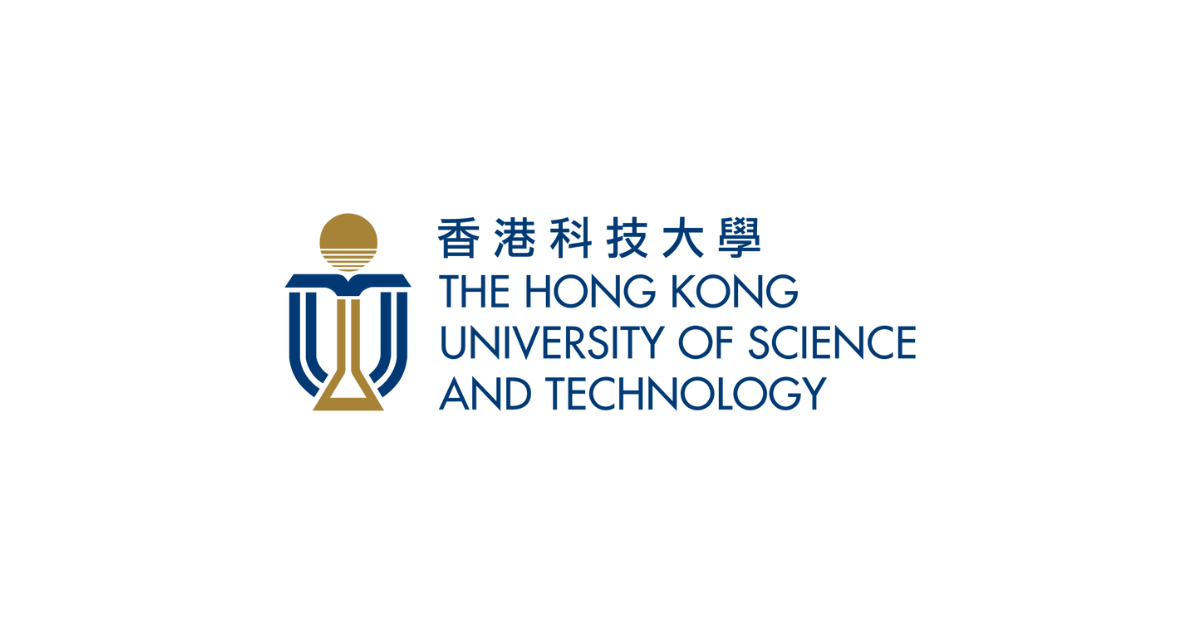22/08/2023 (Hong Kong, China) - The Hong Kong University of Science and Technology (HKUST) partnered with Chang Guang Satellite Technology Company Ltd to launch the advanced multispectral optical satellite "HKUST-FYBB#1." This satellite aimed to track remote sensing data related to the global environment, disasters, and sustainable development, marking HKUST's first step towards building a comprehensive environmental monitoring and disaster forecasting system.
Launched on August 25, "HKUST-FYBB#1" captured images with a spatial resolution of 0.5 meters, surpassing the European Space Agency's Sentinel-2 optical satellite capabilities. Its swath covered over 150 kilometers, comparable to the latest US land satellites.
The satellite was named in gratitude to Mr. Francis YIP Chi-Hung and Mrs. Catherine YIP NG Bun-Bun for their support. HKUST aimed to utilize its data to create a digital twin system for monitoring surface conditions and simulating disaster scenarios.
Beyond the launch, the collaboration between HKUST and Chang Guang focused on long-term research and development in carbon emission monitoring. They leveraged Chang Guang's satellite constellation "JiLin-1" and HKUST's expertise to establish an extensive environmental monitoring and disaster forecasting system in alignment with national dual-carbon policy goals.
Mr. Francis YIP and Mrs. Catherine YIP appreciated facilitating the strategic cooperation between HKUST and Chang Guang, commending HKUST's dedication to aerospace technology advancement.
HKUST President Prof. Nancy IP highlighted impactful research and industry collaborations to address global challenges and drive aerospace innovation.
Chang Guang Deputy General Manager Mr. CHEN Maosheng emphasized their goal of developing greenhouse gas remote sensing monitoring satellites and promoting the aerospace industry's growth.
HKUST Vice-President for Institutional Advancement Prof. WANG Yang outlined the satellite's launch as the first step towards a comprehensive remote sensing satellite constellation. This effort aimed to provide services for disaster management, smart city development, and sustainable resource management.
The HKUST research team, led by Prof. Su Hui and Prof. ZHANG Limin, collaborated with Chang Guang to develop high-resolution optical satellites and carbon emission monitoring technologies, aiming to contribute to macro-level decision-making on energy conservation, emission reduction, and achieving the nation's dual-carbon goals.



